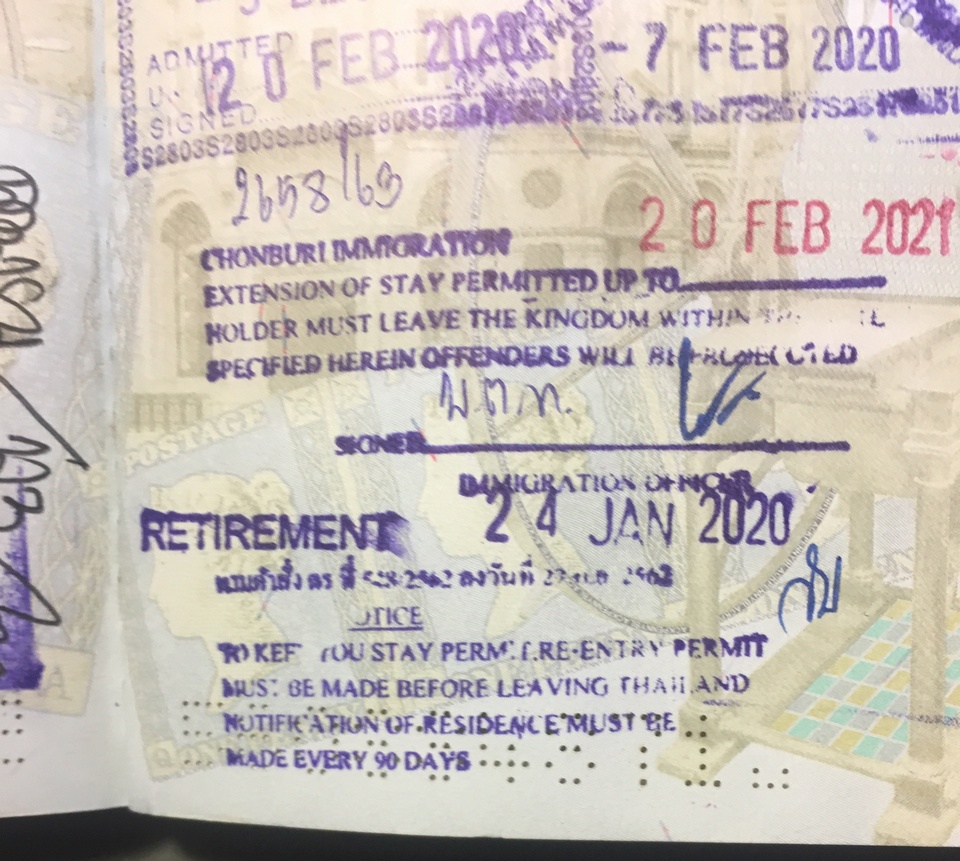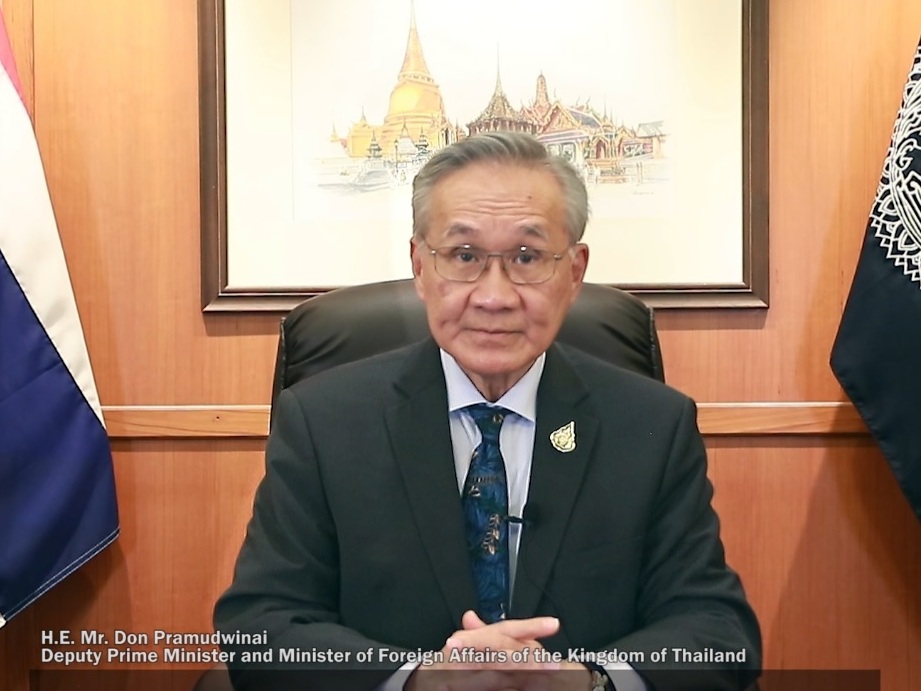
As Thai authorities over the summer months have widened the categories of foreigners able to enter Thailand, one group has bitterly complained of neglect. They are the holders of one-year visas or extensions of stay based specifically on retirement. Many have lived here for years and may well own condominium units and spend their pensions liberally to the benefit of the Thai treasury. But they were outside Thailand in March when the travel shutdown commenced.
Some of the retirees have already managed to get back into the country by successfully claiming membership of an approved category such as having a Thai spouse or young dependants to fund and support. A few have opted out of retirement restrictions altogether by changing their status to the Elite visa which has been an approved grouping for several weeks now. But that requires a non-returnable 500,000 baht as the cash fee for a five year stint.
The Thai government has now announced that the holders of the one year O/A visa (based on retirement) and the O/X ten year visa can now apply for that all-important certificate of entry from the Thai embassy in their home country. First-timers can also apply for these visas assuming they have the cash or income required by the regulations and can provide all the necessary details such as medical insurance from approved companies, Cocid-19 tests, booking of quarantine hotel and all the rest. The days when you needed just a passport and an air ticket to be a world traveller disappeared when the pesky virus arrived. Everyone without exception now needs a wad of paperwork and embassy permission to get into the Land of Smiles.

That leaves us with those retirees currently abroad with an annual “O” category extension of stay issued by Thai immigration. Can they return? The answer is currently a resounding “no”. The Thai embassies in Zurich and Washington DC are explicit on this point, whilst others (including London) specify that retirement options are limited to “O/A” and “O/X” choices.
If you have an “O” of this type and are currently abroad, your options may be to wait for a change of heart or to re-apply for a one-year “O/A” visa, or even to seek a three-months “O” visa from the local Thai embassy which, according to several of them, is available to foreigners over the age of 62 for “temporary” retirement purposes. Presumably this three months visa could then be morphed later at Thai immigration into a 12-months retirement extension of stay as in the past.
The reason why you cannot reenter Thailand with an “O” annual extension of stay, but can with an “O/A” or “O/X”, is likely that the latter two are issued by Thai embassies and consulates abroad whilst the annual “O” is handed out by Thai immigration. The Thai Ministry of Foreign Affairs controls the embassies but absolutely not the Thai immigration police. Absolutely separate entities.
The differences go deeper. Once a foreigner enters Thailand with an “O/A” or “O/X”, he or she must provide evidence of medical insurance every year and not only at initial entry. But those who have obtained their one year extension of stay “O” through the immigration bureau (not through an embassy) do not currently need any medical insurance when they apply for a further one year extension of stay at renewal time. There has long been a debate in Thailand about whether all expats should be required to have ongoing medical insurance or whether they should be allowed to self-insure if they so wish. You have not heard the last of this thorny question.




